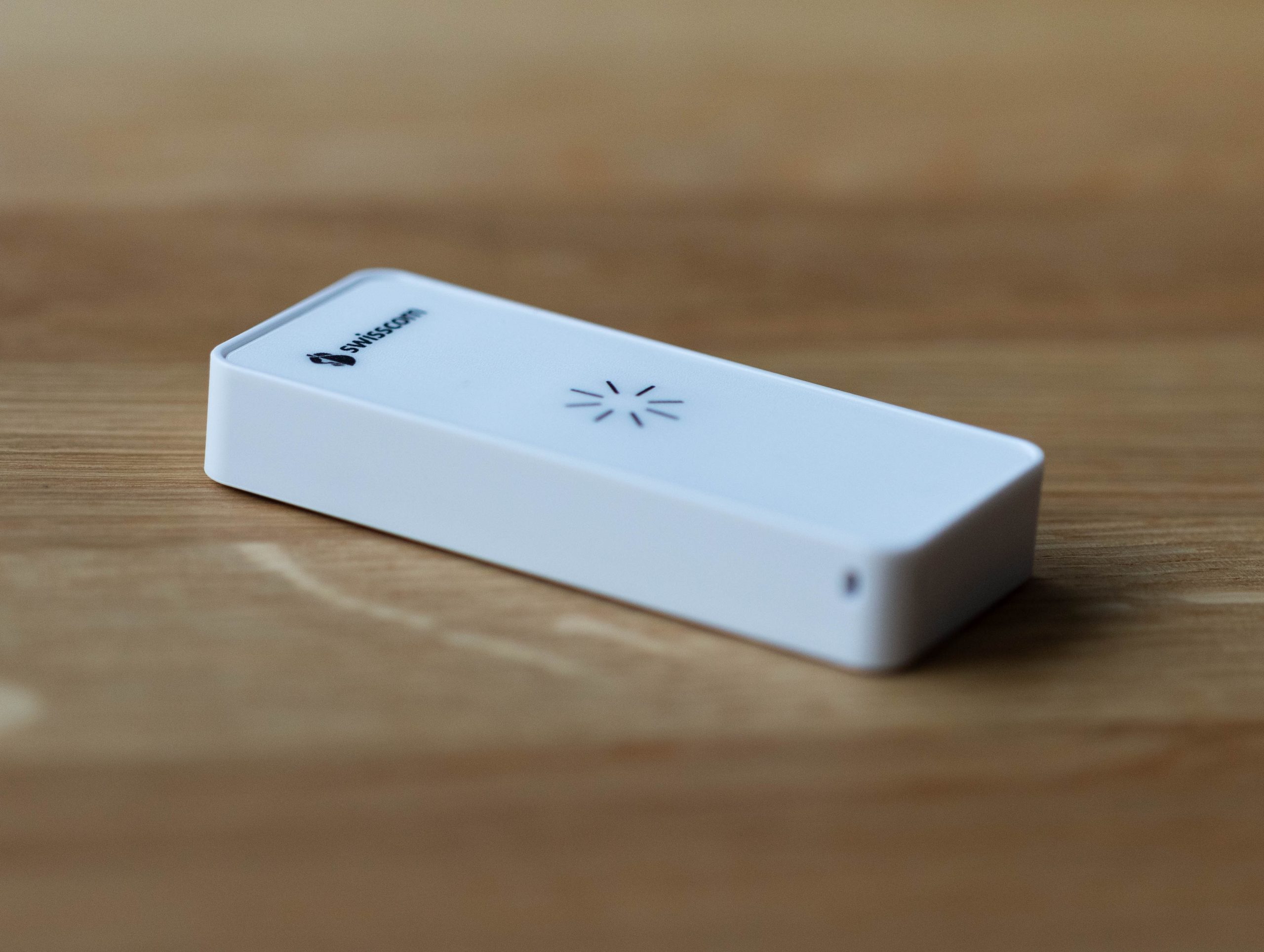
How Does Swisscom Lorawan Function
The network spanning all of Switzerland is based on LoRa Alliance Long Range Wide Area Network (LoRaWAN) standard which uses unlicensed spectrum to send small amounts of data over long distances. The telecommunications company launched a pilot IoT network in Geneva and Zurich last year and has so far attracted the attention of more than 100 companies, government agencies and universities. Some of these services are in beta testing and others are fully implemented.
Actility is the industry leader in the large scale LPWA (low power wide area) network with ThingPark®, its next-generation IoT standards-based communications platform. LoRaWAN meets key IoT requirements including secure two-way communication.
LoRaWAN and LoRa are led by the LoRa Alliance, a non-profit alliance and one of the fastest growing technology alliances with over 500 member companies (as of 2018) committed to large-scale adoption of the LoRaWAN standard. LoRaWAN networks using the LoRaWAN protocol are offered in over 100 countries (including private ones) it has a strong ecosystem of hardware and software
Public LoRaWAN is usually implemented by telephone operators / service providers leveraging their existing infrastructure and customer base to offer and sell network access on a subscription model, as they do with other communication protocols. The network is more or less accessible to users across the country, and IoT companies can decide to subscribe if they deem appropriate.
Swisscom LoRawan plans to roll out a dedicated low-power Internet of Things network across Switzerland in detail, saying that the network will be the first on the market designed solely to connect things, as it begins preparations for a dramatic increase in the number of connected facilities over the next few years. LPWAN ( or Low Power Wide Area Network (LPWA) or Low Power Network (LPN) is a type of large area wireless telecommunications network designed to provide long range access to long-range communication technologies.

LoRaWAN is a cloud-based Media Access Control (MAC) layer protocol, but it basically acts as a network layer protocol for managing communication between LPWAN gateways and end-node devices as a routing protocol managed by the LoRa Alliance. The data transmitted by the end node is received by multiple gateways, which forwards it.
Live Objects is Orange’s unified platform that collects data from devices on our LoRaWAN networks and mobile devices, from LTE-M and NB-IoT via SMS to 2G, currently being achieved by supporting protocols such as MQTT over IP for mobile phones and integrating LoRa devices with decoders.
We are exploring ways to automate this process to reduce the cost of end-to-end integration, especially for core devices and supported multi-access use cases. “Our geographically dispersed LoRaWAN cloud offers low-latency access to your gateways, server modules and users around the world. Since 2015, we have been providing compelling and responsive IoT proof of concept designs for our additional clients from 70 countries.
As of June 2019, TTN covered large areas with approximately 12,000 LoRaWAN gateways installed in around 135 countries and volunteers are responsible for supply, construction and maintenance of the locks.
Lora gateway for inter-device communication is a globally accepted low-power solution for long-range IoT applications that enables rapid design and deployment of long-range IoT networks, gateways, sensors, modules and products around the world. Semtech Corporation is a leading provider of high performance analog and mixed signal semiconductors and advanced algorithms for high performance infrastructure, industrial and consumer equipment.
Zurich Post developed a four-year corporate strategy to address these challenges requiring digital development while LoRaWAN has limitations when it comes to downlink transmission, transmission ranges, latency and throughput – the sacrifices needed to achieve the long range and low power – goals – Swisscom made the right choice in choosing LoRa as the most open and convenient Internet of Things network protocol.
This is the third blog in an ongoing series about LoRa® devices and the LoRaWAN protocol and its power to transform 5G-based next-generation network applications. This blog series, hosted by Beecham Research, follows Charter Communications, MultiTech and Orange in 5G : Facts vs. Fiction & How LoRaWAN plays a role and discusses some of the hot topics offered by the online audience.







